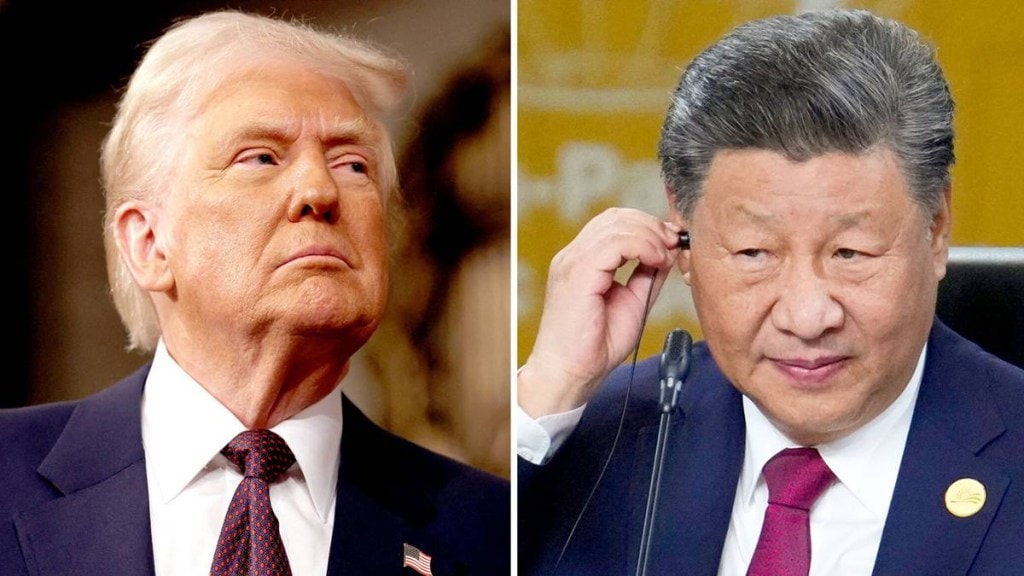US-China trade talk: Top leaders from the United States and China met in London on Monday to strengthen a temporary 90-day trade agreement that has caused global economic concerns. The talks took place at Lancaster House, a historic building near Buckingham Palace. Key US officials—Commerce Secretary Howard Lutnick, Treasury Secretary Scott Bessent, and Trade Representative Jamieson Greer—sat down with China’s Vice Premier He Lifeng and Commerce Minister Wang Wentao for the discussions.
The session marked a continuation of negotiations initiated in Geneva last month, which resulted in a temporary suspension of the tit-for-tat tariffs that had climbed above 100 per cent on several goods.
Key issues on the table
One of the main points of contention in the London talks is China’s April decision to license exports of seven rare earth elements — materials critical for automakers and tech industries. Global stockpiles have dwindled, sparking alarm among European and American manufacturers. The talks are also shadowed by disputes over semiconductors, AI technology, and restrictions on Chinese students in US universities.
US President Donald Trump and Chinese President Xi Jinping spoke last week to ease diplomatic tensions, with Trump later announcing the London round of talks. US economic adviser Kevin Hassett expressed optimism, hinting at a strong handshake deal on rare earths.
How is the market responding to US-China trade talks?
Oil markets reacted cautiously to the talks. Brent crude rose 12 cents to $67.16 a barrel, nearing its April highs, while West Texas Intermediate climbed 13 cents to $65.42. Analysts suggest that a US-China trade agreement could boost global demand for fuel and lift oil prices further.
However, other global factors weigh heavily on the energy market. Iran is preparing a counterproposal to the US on its nuclear program, and any easing of sanctions could flood markets with Iranian oil. Meanwhile, OPEC+ continues unwinding production cuts, adding uncertainty. Analysts at ANZ warn that a shift to a purely market-driven OPEC strategy could lead to an oil surplus by late 2025.
Gold, typically a safe-haven asset, held steady amid the uncertainty. Spot gold dipped 0.2% to $3,322.07 an ounce, while US gold futures slipped 0.4%. Investors remain cautious as trade negotiations continue to shape global economic sentiment.
While the UK provided the venue, it emphasised neutrality in the dispute. British officials, including Treasury chief Rachel Reeves and Business Secretary Jonathan Reynolds, held courtesy meetings with both delegations. “We are a nation that champions free trade,” said a UK government spokesperson. “We welcome these talks.”

